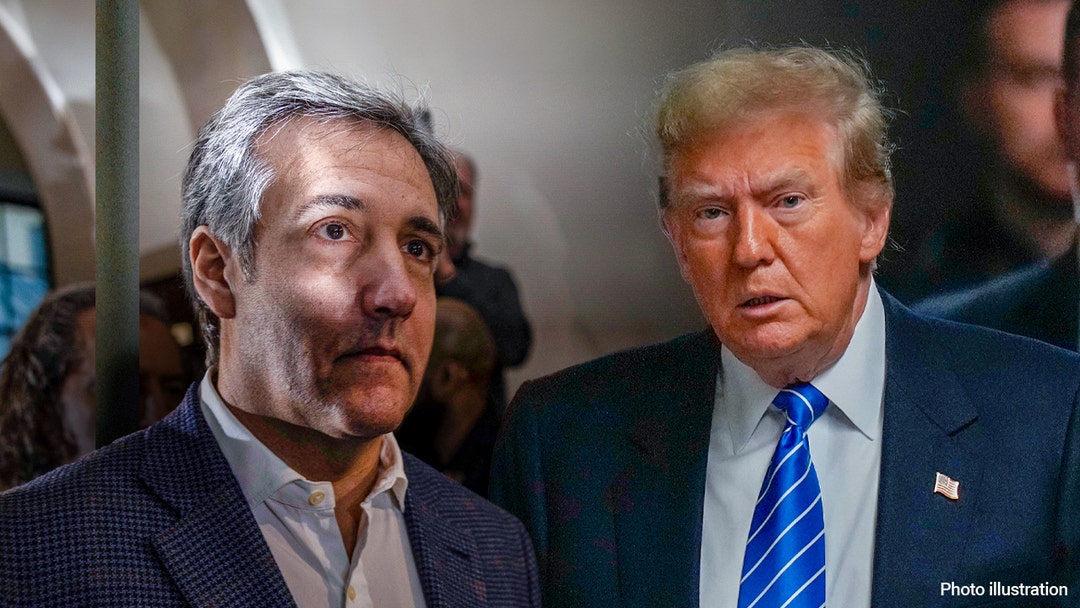Rep. Eli Crane, a former Navy SEAL sniper, has expressed concern over Americans' eroding trust in the government's ability to conduct a proper investigation into the recent Trump rally shooting. This distrust stems from a combination of factors, including the government's perceived lack of accountability, reliance on blame games, and the impact of social media echo chambers.
In 1958, approximately 75% of Americans believed that the federal government would consistently do the right thing. However, according to Pew Research, this trust has plummeted to a seven-decade low of merely 16%. Only 2% of Americans now believe that the government consistently acts correctly, and confidence in elected officials continues to decline.

The Waning Trust in Government: Causes and Consequences
One primary reason for this decline is the government's perceived lack of accountability. Elected officials rarely admit to mistakes or take responsibility for their decisions. This lack of transparency and accountability undermines public trust and creates a sense of disillusionment.
Another factor contributing to the erosion of trust is the government's reliance on blame games. Instead of seeking solutions, politicians often engage in finger-pointing and blame shifting, which sets a precedent for inaction and shirking responsibility. This behavior damages the government's credibility and undermines its ability to address critical issues effectively.

The Waning Trust in Government: Causes and Consequences
Social media echo chambers further contribute to mistrust in government. With individuals primarily consuming news through fragmented soundbites on their smartphones, they often miss the full story and context. This selective and biased information consumption distorts perceptions and influences actions.
Despite the erosion of trust, Americans yearn to restore their faith in their leaders. Politicians need to recognize that showing vulnerability and admitting to mistakes is not a sign of weakness but a display of strength and integrity.

The Waning Trust in Government: Causes and Consequences
In any leadership role, making wrong choices is inevitable. However, leaders who can acknowledge their mistakes and persist in their vision despite setbacks inspire confidence and trust. By embracing vulnerability, politicians can rebuild the trust that has been lost.
Restoring trust in government requires addressing the disconnect between what politicians say and what people perceive. Politicians must be held accountable for their actions and decisions, and they should be willing to acknowledge and rectify their mistakes.

The Waning Trust in Government: Causes and Consequences
Media outlets have a responsibility to provide accurate and comprehensive information to the public, ensuring that citizens have access to all perspectives and facts. By avoiding bias and presenting a balanced view, the media can help restore trust in government institutions.
The waning trust in government is a complex issue with multiple causes. By embracing accountability, avoiding blame games, and fostering a more open and informed dialogue, politicians and media outlets can begin to rebuild the trust that is essential for a functioning democracy.

The Waning Trust in Government: Causes and Consequences










